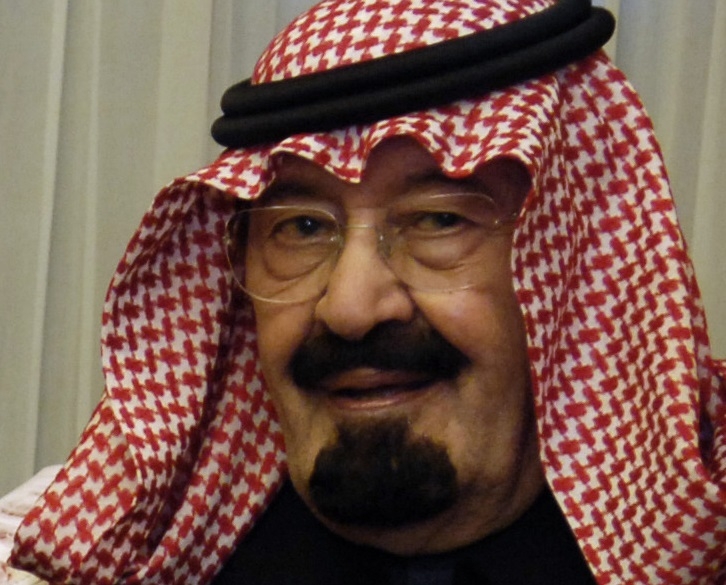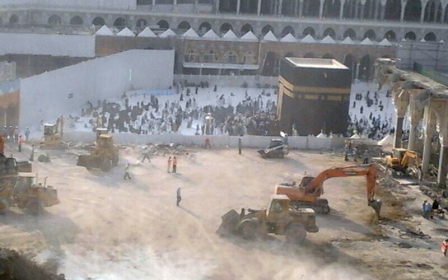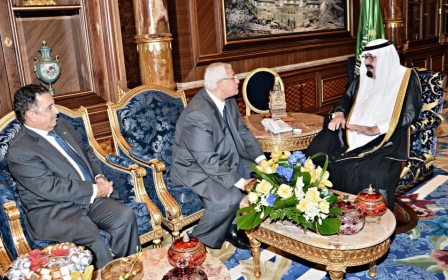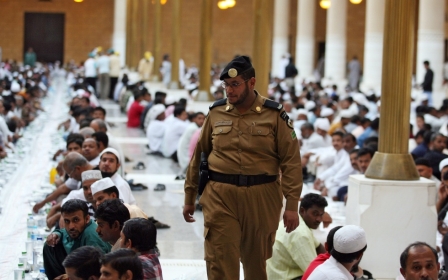Saudi Arabia's King Abdullah - a missed opportunity for reform?

The Machiavellian intrigues of the House of Saud succession saga conceal a sense of despondency amongst many reformist Saudis, many of whom feel the reign of King Abdullah represent a lost opportunity for reform.
In education, King Abdullah has introduced a generous scholarship programme to send Saudis overseas to better universities in Western Europe, North America and Australia. Seventy thousands students have so far taken him up on the offer, roughly a third of them to the United States. Non-Wahhabist doctrines are now being taught in schools to promote understanding of other faiths. New rules allow Shia educators to teach their own religious texts.
Womens rights are improving – one in five Shura council members are now female. New laws on domestic violence and divorce have been announced. The first female editor-in-chief of a Saudi newspaper has been appointed, as have the first four female layers, and two women also now hold senior posts within the government. Women have been allowed to use their own identity documents in court (rather than relying on their male “guardian”), and will be able to vote in municipal elections by 2015.
But while progress on female emancipation and education reform has been encouraging, much more liberalisation is needed if Saudi's poor human rights record is to be improved.
Under the Saudi guardianship system, girls and women are still forbidden from traveling, conducting some official business, or undergoing certain medical procedures, without permission from their male guardians. Arbitrary arrest, torture and ill-treatment in detention remain common-place. Saudi judges routinely sentence defendants to hundreds of lashes. Children can be tried for capital crimes and sentenced as adults if physical signs of puberty exist. Saudi officials refuse to register or recognise political or human rights groups. The government has stepped up arrests, trials, and convictions of peaceful dissidents.
These areas may take many more years to reform, by which time relatively liberal Abdullah will most likely have died, and more conservative successors may have slowed or extinguished reform measures.
Looking ahead, there is no guarantee that reforms will continue once Abdullah is gone. The first in line is Crown Prince Salman, who, according to a 2007 US diplomatic cable is a conservative ideologically opposed to democracy in the Kingdom. He borrows much of his thinking from the previous Crown Prince and heir Nayef, who presided over the security services as they brutally imprisoned and tortured alleged militants and pro-democracy activists alike. Nayef was also a vocal supporter of the Sunni monarchy in Bahrain, which had spent the last eighteen months suppressing pro-democracy protests led by the country's Shia majority, until Nayef died of an “unspecified illness” in June 2012. Salman was then appointed to replace him as heir and Crown Prince.
The only recent development that may give some reformists hope is the appointment of Prince Muqrin as a secondary heir. This development is recognised as a contingency plan in case Salman's health deteriorates further (he is in his late seventies and suffering from Alzheimers), but Muqrin is considered relatively liberal and a close political and ideological ally of King Abdullah.
However, his role will most likely be as a caretaker in times where either King Abdullah or Crown Prince Salman are unavailable due to bouts of illness, with more and more powers being transferred down to the generation below.He will also have to work closely with two much more conservative and powerful princes – Muhammad bin-Nayef and Prince Miteb, both ambitious nephews with their eye on the throne.
Some human-rights activists and would-be reformers are suspicious of Prince Muhammad, who has put thousands of alleged militants but also democratic reformists, in prison, in his capacity as an internal security chief.
As for Prince Mateb, he raised eyebrows amongst human rights circles when he led condemnations of peaceful student protests in 2012. The protests had received endorsement from official Saudi media channels – columnists in Al-Watan, Al-Sharq and Al-Iqtisadiyya called for solidarity and criticised the government openly.
Despite this, Miteb condemned the unrest, claiming the peaceful protests endangered national security and were the work of foreign actors (popular unrest in Saudi Arabia is often falsely attributed to Iranian meddling, or the Muslim Brotherhood). He added that unrest in other parts of the Middle East, "obligates us to be cautious, to protect the security of our country, and to fight inflammatory calls aimed at destabilizing [the kingdom].”
At the same time, the youth in Saudi Arabia is “awakening,” as nearby countries have protested for democracy. Saudi has one of the most active online populations in the world – were political discussion is much more commonplace than on the street. Protests continue in Riyadh over the numbers and treatment of political prisoners, led by the families of those detained. The return of those educated abroad under Abdullah's scheme has meant that more liberal views are, and are likely to keep being, espoused even more frequently.
The popularity of King Abdullah is hard to quantify exactly, but he is overwhelmingly liked – for the simple reason the people believe he is on “their side.” Looking forward, reformists can see more conservative figures, with perhaps more interest in becoming King than helping ordinary Saudis – while yearnings for democratic reform are only growing.
- Alastair Sloan focuses on injustice and oppression in the west, Russia and the Middle East. He contributes regularly to The Guardian, Al Jazeera and Middle East Eye. Follow Alastair's work at www.unequalmeasures.com
The views expressed in this article belong to the author and do not necessarily reflect the editorial policy of Middle East Eye.
Photo credit: King Abdullah in 2007 (dodmedia.osd.mil)
New MEE newsletter: Jerusalem Dispatch
Sign up to get the latest insights and analysis on Israel-Palestine, alongside Turkey Unpacked and other MEE newsletters
Middle East Eye delivers independent and unrivalled coverage and analysis of the Middle East, North Africa and beyond. To learn more about republishing this content and the associated fees, please fill out this form. More about MEE can be found here.





